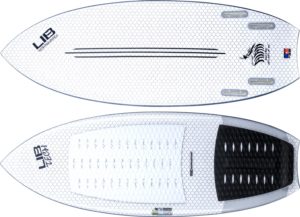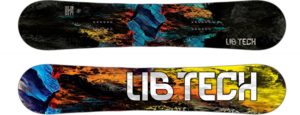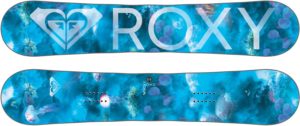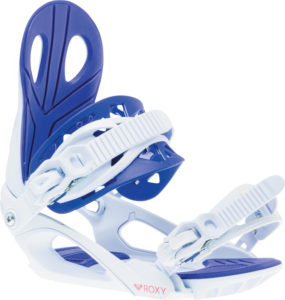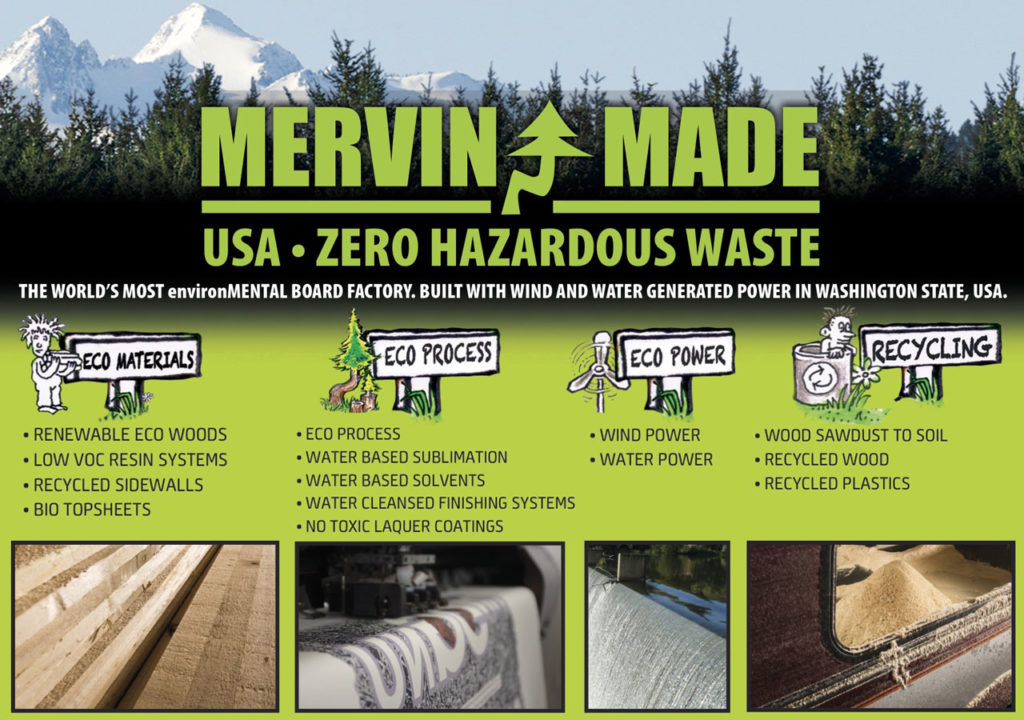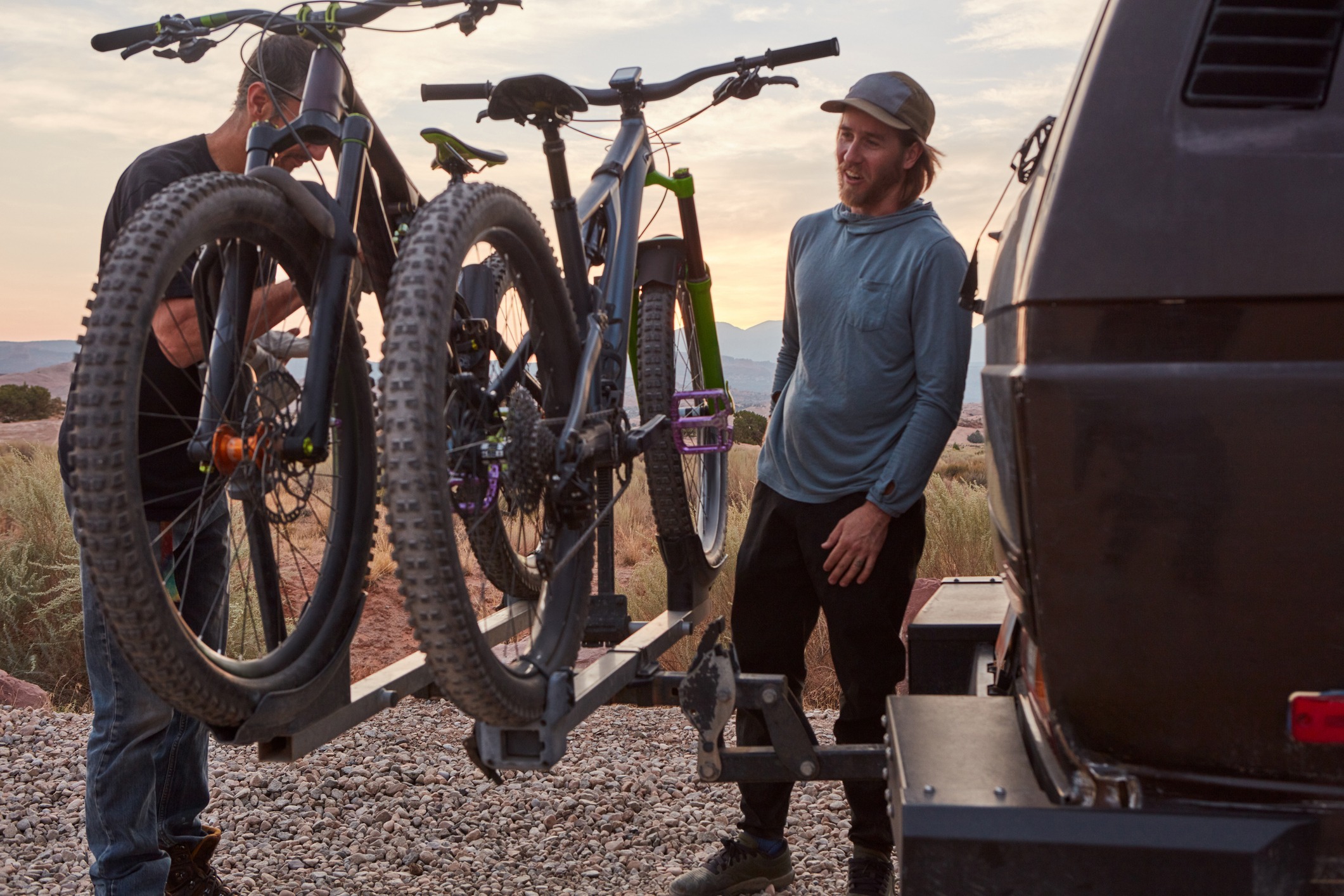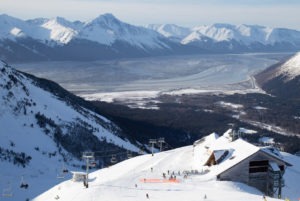Mervin Manufacturing & Sustainability
In an industry such as snowboarding that is reliant on Mother Nature to provide us with a generous amount of snow, many companies are aiming to be more sustainable in how they make skiing and snowboarding products to aid in preserving the environment. These companies are trying to foster sustainability as a lifestyle. For those of you who do not know what sustainability means, the EPA defines it as “everything that we need for our survival and well-being depends, either directly or indirectly, on our natural environment. To pursue sustainability is to create and maintain the conditions under which humans and nature can exist in productive harmony to support present and future generations.”
A snowboard, skateboard, surfboard and ski company that I feel is working hard to foster sustainability within their company as well as within their products is Mervin Manufacturing. Some of you may not have heard of Mervin Manufacturing before but I bet you’ve heard of one if not all of their brands. Mervin owns and produces Lib Tech, GNU, Bent Metal Binding Works, and ROXY. If you or your friends own a pair of ROXY skis, they came from Mervin. Maybe you own a Lib Tech or GNU snowboard with a pair of Bent Metal snowboard bindings; those are made at Mervin as well.
![]()
![]()


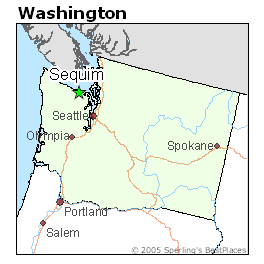
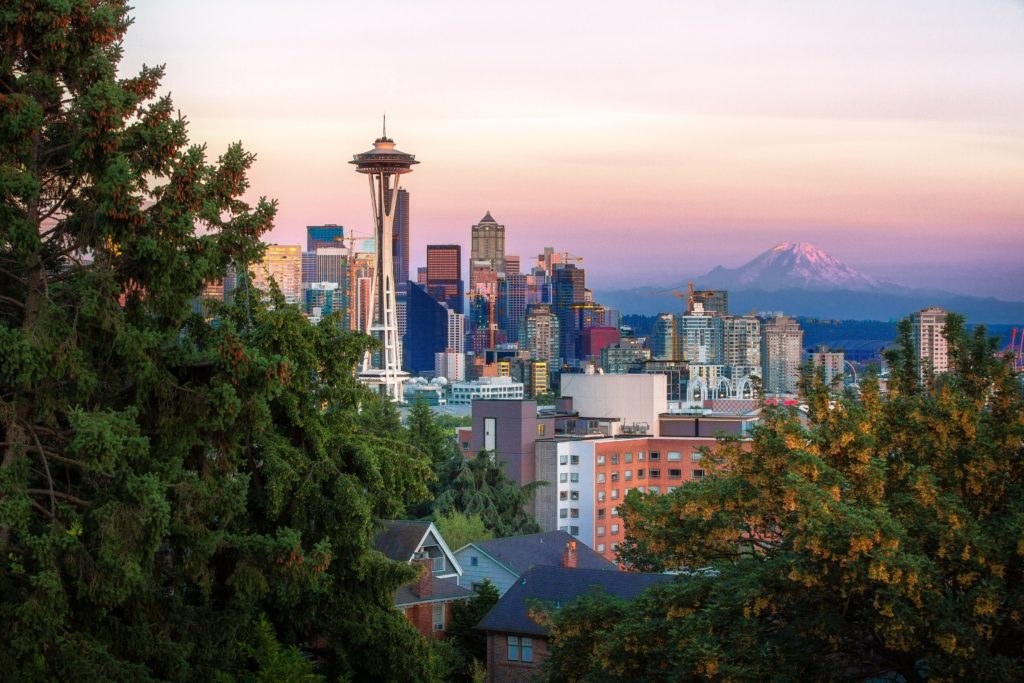 Mervin manufacturing produces ZERO hazardous waste in their production of skis, snowboards, skateboards, and surfboards. If you walk into the factory, from what I’ve been told, it doesn’t smell because they are using a low VOC epoxy that creates a safer environment for workers. Mervin also uses zero solvents which can cause cancer and lead to death. Instead of using solvents or lacquers, they use a product which they and their suppliers have formulated—Bio Bean topsheets. Bio-Bean topsheets are made from castor bean oil that is a renewable, raw material and is not used as a feedstock. Over the topsheet is a shiny topcoat that is made of plastic that uses Mervin’s eco-sub printing which are water-based inks that are nontoxic and can be recycled, this is a great alternative to the very toxic process of silk screening.
Mervin manufacturing produces ZERO hazardous waste in their production of skis, snowboards, skateboards, and surfboards. If you walk into the factory, from what I’ve been told, it doesn’t smell because they are using a low VOC epoxy that creates a safer environment for workers. Mervin also uses zero solvents which can cause cancer and lead to death. Instead of using solvents or lacquers, they use a product which they and their suppliers have formulated—Bio Bean topsheets. Bio-Bean topsheets are made from castor bean oil that is a renewable, raw material and is not used as a feedstock. Over the topsheet is a shiny topcoat that is made of plastic that uses Mervin’s eco-sub printing which are water-based inks that are nontoxic and can be recycled, this is a great alternative to the very toxic process of silk screening.
Along with zero hazardous waste being produced at the factory while making their skis, snowboards, surfboards, and skateboards, Mervin uses eco materials and an eco process to craft their products. They do this by using “non-petroleum based bio-plastics, soy-based elastomer sidewalls, low VOC epoxy, additive-free basalt fibers, and FSC ‘pure’ certified wood cores” which leads them to use eco materials. Because Mervin uses eco materials and processes, they are able to build all their molds and tooling in-house as well as take a concept and turn it into a product in as little as a day or two.
Mervin has their own wood core shop located at their factory in Sequim, WA. This is an interesting fact because even when a few other big name snowboard companies were still making snowboards in the US, they didn’t have their own core shops and were having cores imported into their factories. As Mervin uses FSC-certified farmed, fast-growing forest products that are renewable, they wanted to use their scraps for something more than building skateboards, surfboards, snowboards, and skis. These leftover scraps are used for finger jointing or are recycled back into another product that will be made in the future. The production of skateboards, surfboards, and snowboards creates a load of sawdust and Mervin saw their opportunity to use that by turning the sawdust into soil by the way of composting. The sawdust that is produced in the factory is now all over the Olympic Peninsula and other places helping grow veggies, fruits and much more.
Along with recycling the sawdust from building their products Mervin also recycles all of their plastics used in the building process. Mervin has begun bailing the plastic which has cut shipping costs and the amount of fuel used to transport it. Mervin has even started reusing their scrap plastic and has started using it to make a recycled content sidewall material. The recycling process they have used has kept over 177,500 lbs out of landfills in 2012 and over 278,548 lbs out of landfills in 2013. Both of the processes of recycling and reusing the scraps have allowed Mervin to keep over 1.5 million lbs out of landfills. Not only are sawdust and plastics recycled, but all scraps of any material also are.

So this all sounds good, but what’s the catch? Well, Mervin says there isn’t one. They simply want to provide employees with a place that is safe for them to work, protect the environment in which their consumers live and play, keep their bottom line down (you know, money), and one of their largest driving factors is to keep the sustainable behaviors relevant for the future generations of this planet. Mervin Manufacturing aspires to keep our planet alive so we can continue to do the things we love like skiing, snowboarding, surfing, and skateboarding.
Watch a full video from Mervin Manufacturing for more details on their sustainable ways here:

